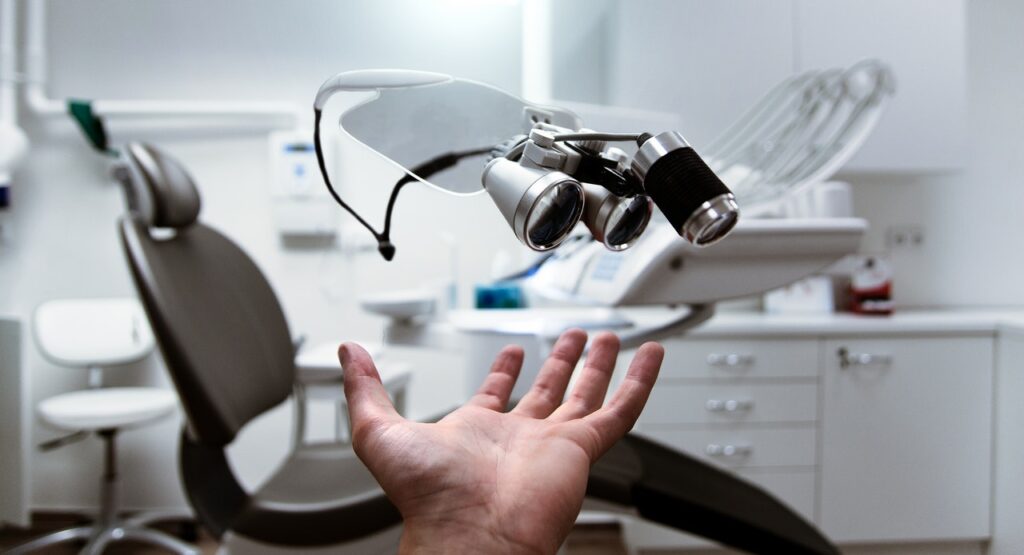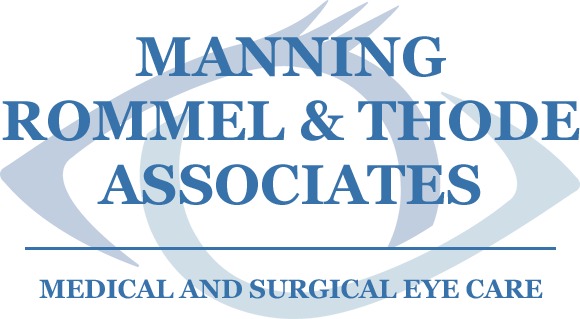On the surface, a routine eye exam and medical eye exam sound like they accomplish the same purpose. But they are actually different exams which look for different potential problems in your eyes. It’s essential to determine the difference between exams since the type may affect your insurance coverage.
Read on to learn more about each exam and which one you need.

What is the main difference between a routine eye exam and a medical eye exam?
A routine eye exam is generally focused on non-medical eye diagnoses like nearsightedness or farsightedness. In contrast, a medical eye exam looks for health conditions like pink eye or diabetic retinopathy.
What is a routine eye exam?
You are probably more familiar with a routine eye exam since it involves the classic eye exam. A routine eye exam will use refraction to determine the right prescription for glasses or contacts, if needed. It will also involve an overall evaluation of your eye health.
Diagnoses like nearsightedness, farsightedness, or astigmatism aren’t considered medical exams since these sight problems are not medically harmful.
It’s recommended that you see an eye doctor or ophthalmologist at least once a year to evaluate your sight.
You should note that a routine eye exam can require a follow-up medical eye exam if the provider discovers a problem during the evaluation. For example, during the evaluation, your ophthalmologist may notice that your blurry vision is caused by cataracts. At this point, your ophthalmologist will recommend a medical exam for your follow-up appointment. Any testing will be scheduled as a medical exam as most vision insurances do not cover testing.
It is important to understand your medical diagnosis, such as glaucoma or diabetic retinopathy. This information is helpful prior to scheduling your next appointment with your ophthalmologist.
What is a medical eye exam?
A medical eye exam, also known as a comprehensive eye exam, is designed specifically to look for conditions and diseases that result in poor eye health. When ophthalmologists conduct a medical eye exam, they are looking for problems that can’t be corrected by glasses or contacts. Although a refraction can be apart of the comprehensive eye exam. Ophthalmologists use this as an additional diagnostic tool to note any changes in your overall eye health.
Some of the medical problems that could be found during a medical eye exam include glaucoma, conjunctivitis, or cataracts. If you receive this type of diagnosis, your ophthalmologist will also treat the issue.
Let Manning, Rommel, and Thode help you with your eye exam
Sometimes it’s complicated for a patient to determine if they need a routine eye exam or a medical eye exam. It can get even more confusing to find out if your insurance will cover the exam. Please reach out to your insurance carrier to assist with your specific covered services.
If you’re looking for an ophthalmologist near Lancaster, PA, look no further. Schedule an appointment by calling us at 717-393-7980, option 1. We look forward to evaluating your eye health.
